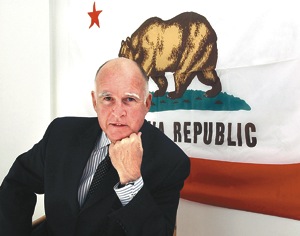
Carolus Linnaeus once said, “Nature does not proceed by leaps and bounds.” Neither does politics, though to those who only follow state and local elections, it can seem to. In reality, the ground work for the big happenings in even numbered years is laid at the local level in off years like 2011. Engaging in these issues requires a better understanding of your political identity, to know where to go and what to do.
Linnaeus created a system, called taxonomy, which defines our biological identity. Linnaean taxonomy defines the 6 billion people on earth as:
• Kingdom: Animalia
• Phylum: Chordata
• Class: Mammalia
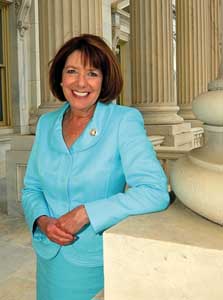
• Order: Primates
• Family: Hominidae
• Genus: Homo
• Species: H. Sapiens
“Homo sapiens” roughly translates to how we like to think of ourselves: wise beings. (Insert seventh grade homo joke here.) As you go down the list, groups get increasingly exclusive, and share more characteristics. Animalia, pretty much tells you it’s not a plant. Genus Homo, however, has “an erect posture, a large cranium, two-footed gait, fully opposable thumbs, and well-developed tool-making ability,” according to the New World Encyclopedia online.
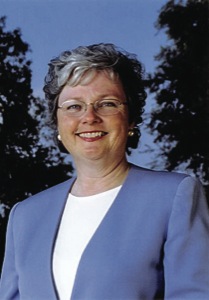
As voters, we are also part of a number of groups, or electorates, of different sizes and characteristics, based largely on where we live. Political identity can be defined by a similar taxonomy:
• Country: America
• State: California
• U.S. Congressional District: 53rd (Rep. Susan Davis)
• State Senate District: 39th (State Sen. Christine Kehoe)
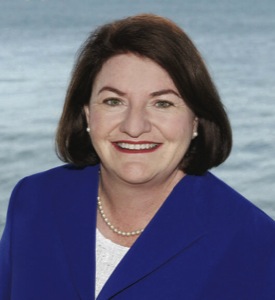
• State Assembly District: 76th (State Assemblywoman Toni Atkins)
• County: San Diego, Supervisorial District 4 (Supervisor Ron Roberts)
• City: San Diego, Council District 3 (Councilman Todd Gloria)
How much of your political identity do you know? Or, perhaps more importantly, how far down the list do you care?
Other than a scientist, you’d be lucky to find someone who could identify “Fifi” as much more than a mammal (dogs are Canis lupus). Similarly, most people don’t keep track of politics below the state level. Even when voting for president or governor, many feel they don’t know enough to vote for county and city representatives.
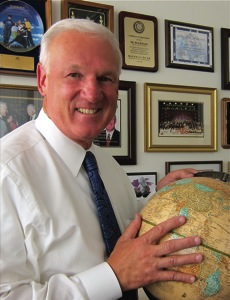
That inactivity cedes a tremendous amount of influence. Just as understanding the details of taxonomy gives scientists power to compare organisms and identify new ones, understanding local politics can greatly increase a citizen’s influence on the issues that hit closest to home.
In part, it’s simple math. In 2008, 130 million people voted for president, while 51,000 voted for city council in District 3. Your councilmember needs your vote much more than a presidential candidate, and will do much more to get it.
Beyond the numbers, local governments have much more control over issues affecting our daily lives. For national issues, like health care reform, President Obama and the federal government mostly control the size of the pie. How it gets chopped up, and who gets a piece, are determined by local and state governments. Federal income taxes take a big chunk off the top of your earnings, but state income tax, property tax, school board taxes, sales tax, cable fees, water bills and utility rates can subtract even more of your take home pay.
If your main concern is keeping the Chargers, then your county supervisor has much more to say about it than the president, whose only NFL involvement is a photo-op with the Super Bowl winner.
In 2011, local government may even change your political identity. In the wake of the 2010 census, California has to consider redrawing the lines of our U.S. congress and state assembly and senate districts. In addition, San Diego voters decided to add a ninth council district as part of the strong mayor initiative. In short, all of your representatives, with the exception of Senators Boxer and Feinstein, could change.
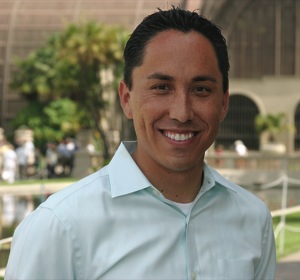
The redistricting process should be important to everyone, but it is critical to minority groups like the LGBT community. Harvey Milk finally won his seat when San Franciscans voted to elect supervisors by geographic district, and created one in Eureka Valley and the Castro. Since San Diego concentrated the LGBT population in city council District 3, it hasn’t failed to elect a gay or lesbian voice for our community (Christine Kehoe, Toni Atkins and Todd Gloria).
Those voices guided the council to support critical LGBT legislation at the federal (repeal of Don’t Ask, Don’t Tell), state (marriage equality) and local (Equal Benefits Ordinance) levels. They are also the current and future voices of the LGBT voices in the California legislature and U.S. congress. The wrong district lines could splinter the LGBT vote, making it difficult to keep an LGBT voice on the council.
“Decisions are made by those who show up,” may have been said by a fictional president (Josiah Bartlett, The West Wing) but it’s a political fact. Redistricting, urban development and local taxes are dealt with in committee meetings, where your power is your presence, not your vote. Learn your political identity and show up in 2011, and you can be one of the few people crafting the agenda and defining the candidates. Wait until 2012, and you’ll just be one of a hundred million voters.










